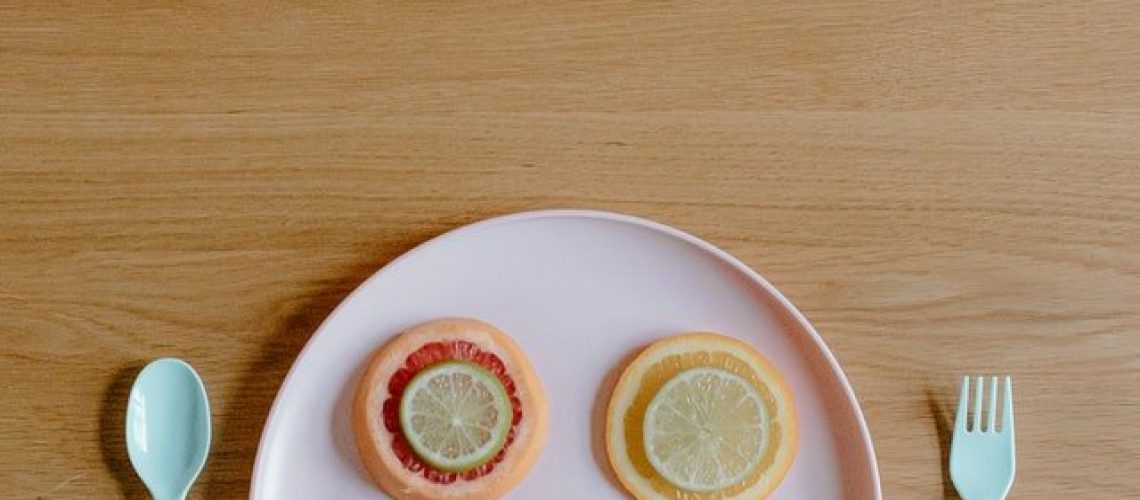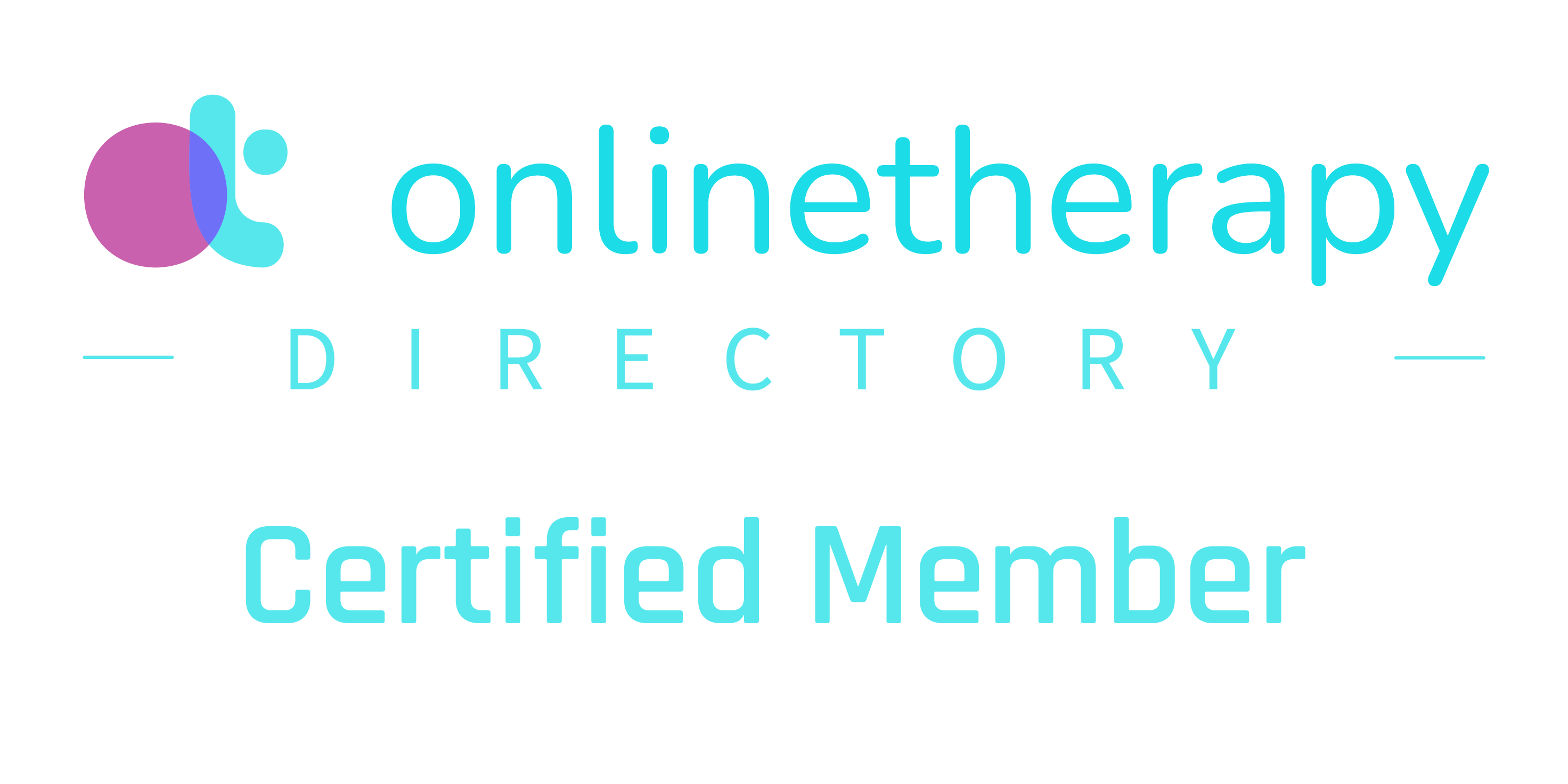The Food Mood Connection Is Real – Learn how Food Therapy Anxiety Treatment Can Help
No matter who you are, you likely understand how important nutrition is for your health, but did you know that what you eat affects your mental health too? I like to call this the food mood connection. Food therapy anxiety treatment uses the latest discoveries from Nutritional psychiatry, a cutting edge field of psychiatry which looks at the link between what we eat and how we feel.
Our diets play a crucial role in every single aspect of our lives. A healthy diet filled with nutrients will give the body the energy and fuel it needs to get through each day. It powers the body and mind to be able to stay focused and driven to complete work tasks, take the kids to after school activities, sleep better at night and so much more.
But until recently nutrition was focused on our physical health (as if this is separate from our mental health), and not on the possiblilty of implementing a food therapy anxiety treatment to lower anxiety and improve mood, using food!
Likewise, a healthy diet will also dictate how we get through the day. When most of our days are quick grab and go snacks, fast food meals, or carbonated beverages, we may not be feeling the best that we could be. True, all of these things do give our bodies the energy it needs—but not in the way it wants. And the effective on our emotions can be severe, without us even realizing it.
A diet plays a crucial role in our physical and medical well-being. But, many people feel a sense of surprise when they find out that it also affects our mental health. It is worth learning about the connection between our bodies and our minds, which includes the connection between food and mood.
When you are suffering from mental health concerns such as anxiety, you may feel at a loss on how you can help ease your symptoms. Below are three ways you can start implementing your very own food therapy anxiety treatment by first learning how nutrition negatively affects your anxiety and three ways to actually ease anxiety!
Food therapy anxiety treatment caveat: Before implementing a food therapy anxiety treatment program, please consult your doctor, nutritionist and / or psychiatrist to make sure it is safe to do so.
Food Therapy Tip 1: Caffeine Makes Anxiety Worse
This one is truly heartbreaking. Caffeine is quite literally how many of us find enough energy to get through the day. It keeps us focused, ready to take on the world and, oh yeah, incredibly anxious!
In my experience as a CBT therapist and Counselor who specializes in providing anxiety treatment, I have found over the years that excessive caffeine seems to mimic the sensations of panic. Many of my clients have reported that reducing caffeine has also reduced the amount of panic attacks they experience.
We are all so used to drinking coffee or other caffeinated beverages that you don’t even notice the negative symptoms of it anymore, such as feeling jittery all day or losing sleep at night. Caffeine is an enabler of anxious symptoms and we don’t often realize it. So the simple step of slowly and gradually reducing your caffeine intake can be an effect food therapy anxiety treatment.
Food Therapy Tip 2: Simple Carbohydrates Fuel Your Body In A Bad way
Sugary foods and drinks taste amazing. Especially for that mid-afternoon pick me up when you feel your focus draining and energy weaning. But, they quickly spike your energy levels with all of the sugar content. And after? You come crashing down, hard. Refined and processed sugars actually fuel anxiety, as well, by causing your nervous system to go into overdrive trying to process them. Food has actually been shown to light up the same areas of the brain as heroin.
Check out this cutting-edge documentary on the power of sugary foods on mood. I highly recommend watching this as I know for myself (and my clients) this has provided awareness and motivation in starting and sticking to a food therapy anxiety treatment plan.
Food Therapy Tip 3: Food Sensitivities Galore
Many of us have sensitivities to food that we don’t even realize. There are food additives or foods that can actually cause really disturbing physical or mental reactions. These reactions can range from anything from stomach aches to shifts in moods, irritability, and yes anxiety! When a food sensitivity is present, it often goes unnoticed because we are used to eating it.
But these foods can also cause the nervous system go into overdrive as the body tries to process them. A nervous system in overdrive is going to create a lot of physical and emotional anxiety. I highly recommend you consult with your dietician and doctor about creating a food therapy anxiety treatment by identifying and eliminating any food insensitivities.
Food Therapy Tip 4: Eat Balanced Meals
We should all be doing this whether you have anxiety or not. However, for those that do experience anxiety, excessive worry or panic symptoms, it is very important that you try to eat as balanced of a meal as possible. This will help your mood!
It might sound like a broken record, but it is crucial to eat a balanced meal full of fruits, vegetables, proteins, and complex carbohydrates. Yes, we did say carbs! Complex carbs, such as oats, whole grain bread, or cereal, can help your brain produce serotonin. Serotonin is an important chemical that has a calming effect on the mind and body.
If you have never truly done this before, I suggest you reach out to your dietician and doctor to create a food therapy anxiety treatment plan and stick to it for just a month to begin with.
After a month you can evaluate if it is really helping you. One way to facilitate this is to keep a mood log every day – jotting down how you feel when you wake up, after each meal, and at the end of the day. Then after a month, you can review it and see if there are any positive trends in mood and negative (decreasing) trends in anxiety levels.
Food Therapy Tip 5: Drink Plenty Of Water
They say if you are thirsty then you are already dehydrated. Hydration is vital for literally every function in our bodies—including our mental health. Even if you are slightly dehydrated, it could be contributing to your anxious symptoms and feeling keyed up.
Each person is different so it will take some experimentation to find what is right for you. But I can tell you from years of experience with many clients that this simple change, getting enough water, can have a huge effect on anxiety levels and overall mood.
Learn more about the link between hydration and anxiety for some extra motivation of why including hydration as part of a comprehensive food therapy anxiety treatment plan makes sense.
Food Therapy Tip 6: Take A Multi-Vitamin
Our diets will never be perfect. There will be days when you just can’t manage a full balanced meal. And that’s ok, just get back it the next day. And longer term, you might want to consider how you can utilize the principles of nutritional psychiatry as an adjunctive food therapy anxiety treatment.
One way you can help your body and anxious mind is to make sure you are taking a multi-vitamin every single day. It will give your body the extra boost it needs for the less than perfect days and makes sure you are getting the right amount of nutrients for your body. It would also be a good idea to check with your doctor, nutritionist and / or psychiatrist if there are any additional supplements they think would help in your food therapy anxiety treatment regimen!
If you are struggling to overcome anxiety and need some extra support, I am here to support you on your journey. Coping with anxiety is hard, but little steps each can help counteract these symptoms. Click Anxiety Treatment to learn more.
—
I am a Licensed Mental Health Counselor in Hawaii and an Accredited CBT Therapist in the UK with over 16 years of experience. I specialize in anxiety treatment and have received advanced specialist training in Cognitive Behavior Therapy and Compassion Focused Therapy. Please feel free to contact me at my Honolulu or London clinic to set up an Anxiety Treatment Test Drive.



